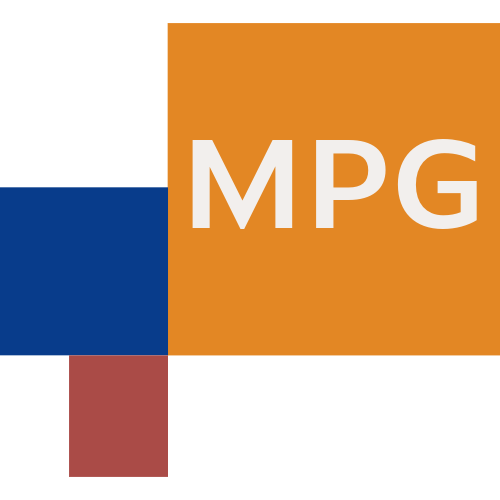menu
menu
Menu
cancel
- arrow_back_iosBacknavigate_nextpersonPersonal
- groupCommunities
- articleBlogs
- eventEvents
- sourceTemplates
- question_answerQuestions
- schoolLearning
- business_centerBusiness
- live_helpFAQ
- This question seeks to understand the essential elements that contribute to a successful compliance program, such as policies, training, monitoring, auditing, and enforcement mechanisms. 2. *...
- This question addresses the challenges and strategies involved in maintaining compliance across different legal and regulatory environments, taking into account varying international standards...
- This question explores the risks and penalties associated with non-compliance, such as fines, legal action, reputational damage, and operational disruptions, and seeks to understand the import...
**What are the key principles outlined in the Donor Bill of Rights, and how do they ensure transparency and accountability in nonprofit organizations?
2. **How can nonprofits effectively communicate with donors to ensure their rights are respected, including privacy concerns and the use of their donated funds?
3. **What legal and ethical obligations do organizations have to protect donor information, and what steps can be taken to secure data against breaches or misuse?
**What are the specific goals and outcomes you wish to achieve through executive coaching, and how do you measure the success of these coaching engagements?
2. **How does executive coaching differ from other forms of professional development, such as mentoring or training programs, and what unique benefits does it offer to business leaders or execut...
3. **What are the key criteria one should consider when selecting an executive coach to ensure a good fit and maximize the effectiveness of the coaching relationship?
These questions can help guide your understanding and evaluation of executive coaching as a development tool for leaders.?
